Am I weird? I consider the study of languages to be in the “Art” category. When I think of art, I think not only of crayons and watercolors, but dance and music and patterns and the ways humans express themselves in communication. So I classify our language courses as “art.”
The kids have excellent language skills. Like I’ve stated before, our homeschool/umbrella school has high standards. Part of their excellent spelling, grammar, and reading comprehension abilities stem from them writing ten verses of the Bible in their notebook and reading those verses aloud, four days a week. I’ve talked about how this simple little activity, done regularly, encourages advanced reading skills, speaking skills, and handwriting skills. All children, no matter their age, do this course. We call it the “Verses” course.
The kids are encouraged to speak and write well, using proper grammar and spelling. They memorize grammar and spelling rules. (I hear this is no longer mandatory in public schools, to their detriment). They have spelling tests and grammar tests and must diagram sentences. They write paragraphs, essays, reports, and term papers. They do a ton of writing. They even do oral reports. I’d like them to be better orators; I feel we need to emphasize the “classical” education that children in this country used to receive before John Dewey’s “student-based” education system spawned in the early 1900s.
So anyway, we use the Abeka system (distributed by our church school organization), and I also give the kids books that I that we that they find appealing. hee.
The really neat thing about homeschooling is that you don’t need to be an “expert” to teach anything. The books handle a lot of the teaching. Of course in the beginning, kids, especially the younger ones, need a lot of visual help (counting real pennies, handling real rocks, etc); so books are an important tool, but not the only one. However, once the kids reach 6th or 7th grade, you can give them a book and they can comprehend what it says to do. I’m still amazed that my 15-year old daughter was able to merely sit down, read through her Algebra book, and fly through the thing with very little help from my husband. (And she A-ced it, too).
You can tell from the photos that I prefer the older textbooks for subjects like writing, reading, and history. I think the older stuff makes the kids work harder, and isn’t as “emotionally-based” as the newer stuff, which is filled with fluff. I just love Abeka.
We have several very basic language books for the kids to go through at their leisure. The only language I’ve been pushing them toward is Greek. They can follow their own interests with other subjects.
Art is not a difficult subject. In elementary grades, it’s mostly crafts. Older students will probably want to branch out more, into more independent genres. Drawing cartoons is a favorite of kids, it seems. It’s what my two boys just love to do.
My husband and I are “into” music, so it is natural that the kids are, too. Abeka has some really nice elementary-grade music theory books, but doesn’t offer much for older students. I have found the David Carr Glover piano and piano theory books to be excellent.
My husband uses his old college music textbooks (they are reprinted and available at Amazon) for lessons for the older kids.
We also offer them sheet music for their own independent playing. Once the kids know how to read notes, everything is up from there. All four kids play beautifully (piano and guitar). They have advanced to where now they are writing their own music They’ve also learned how to use music-mixing software on the computer and are creating their own CDs. I love it when education WORKS- just give the kids the basics, some tools, and off they go!










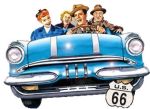 Here is where I express my zany, creative, motherly side. Read more
Here is where I express my zany, creative, motherly side. Read more 




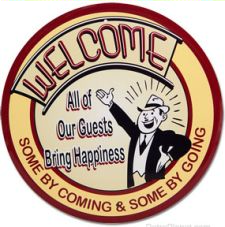



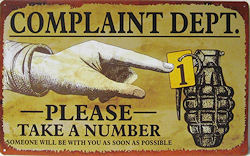


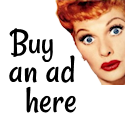

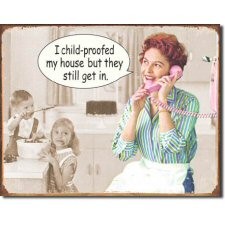
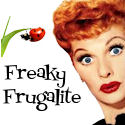

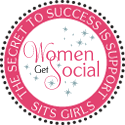





September 21, 2008 at 8:56 am
That was an extremely interesting post. I don’t homeschool, and the idea of it sounds intimidating, but I know quite a few people who homeschool their kids, and like you, they say it’s a matter of giving the kids the tools and that when kids are excited and interested in what they’re learning, they do almost all of the “work” of it.
Cool books. My brother used the David Carr Glover books when he took piano 25 years ago (for some reason my teacher used different books for me).